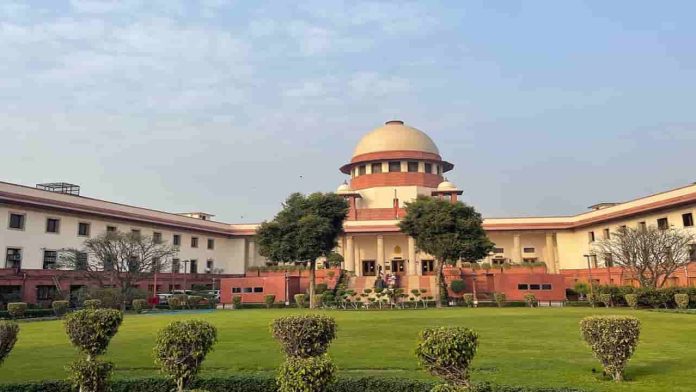The Supreme Court observed that the death sentences are most often imposed by the trial courts in a retributive to ensure that the circumstances of the accused should be considered while the case is at trial stage. The Apex court has thus, talked of the practical guidelines to ensure that the mitigating circumstances of then accused are properly considered .
The Court in it finding says that it is only at the appellate stage in most of the cases, that the information relating to the mitigating circumstances are collected which only relate to the post-conviction circumstances.
The Court spoke about the absence of well documented mitigating circumstances at trial level can aggravates circumstances lead to imposing the death penalty, on the basis of an incomplete test.
A bench comprising of Justice Uday Umesh Lalit, Justice S Ravindra Bhat and Justice Bela M Trivedi said that there seems to be no “concrete framework” to measure and evaluate the possibility of reformation.
Justice Bhat stated that the wrong approach by the trial courts contribute to a “patchwork jurisprudence on capital sentencing”, and in turn “undermines the equality principle and due process protection”.
The bench has issued some”practical guidelines to collect mitigating circumstances after due consideration:
1.At the trial stage only, should the mitigating circumstances be considered;
2. Court must elicit information from the accused and the State both
3.A document or material should be produced by the state that discloses the psychiatric and psychological evaluation of the accused.
4.It should also be ensured that the additional information relating to family background, education, socio-economic background of the accused is collected by the state.
The State, should collect certain information pertaining to the accused like
a) Age
b) The family matters like siblings, parents, protection by parents, the condition of family(abusive),any history of violence
c) Current family background about surviving family members, marital status and kids.
d) Type and level of education
e) Socio-economic background (including conditions of poverty or deprivation, if any)
f) Criminal antecedents(past records of any criminal activity)
g) Income and the kind of employment (whether none, or temporary or permanent etc);
h) Other factors such as history of unstable social behaviour, or memental or psychological ailment(s), alienation of the individual (with reasons, if any) etc.


